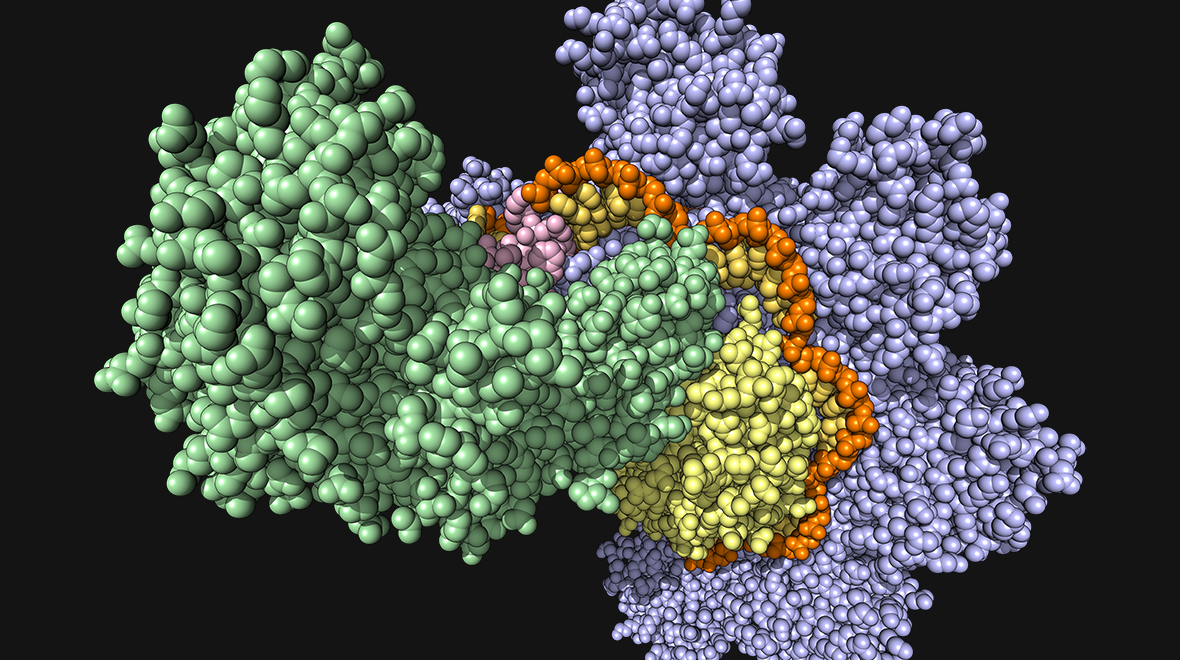Systems Biology Group Meeting
 Presenter: Vikram Mulligan
Presenter: Vikram MulliganTopic: RosettaQM: Enabling quantum chemistry calculations in peptide and protein modelling
Physics-based heteropolymer modelling methods remain an important complement to machine learning (ML) based methods. Many structure prediction, docking, and design tasks cannot be tackled by ML due to lack of training data, particularly when synthetic chemistry is brought in (e.g. for drug design) or when novel small-molecule ligands are involved (e.g. in enzyme design), and even when ML provides part of the solution to a problem, high-quality physics models are often needed for refinement. Rosetta’s physics model prioritizes speed over accuracy, allowing large-scale sampling with quasi-Newtonian force fields. However, there are circumstances in which it is advantageous to perform a more accurate energy calculation, at the expense of greater computational cost. In this talk, I will describe current work to allow Rosetta to communicate with quantum chemistry software such as GAMESS, Orca, Psi4, or NWChem, permitting high-cost, high-accuracy quantum mechanics (QM) calculations in any Rosetta protocol, PyRosetta script, or RosettaScripts script. I will describe currently-supported strategies for scaling QM calculations to large macromolecules, including semi-empirical methods (relatively low-cost approximate QM methods), fragment molecular orbital (FMO) methods (which perform QM calculations on small pieces of a pose and recombine the results), and hybrid ref2015/QM scaling (in which different parts of a pose are scored at different levels of accuracy). Finally, I will show examples of peptide structure prediction scored with various levels of QM theory.